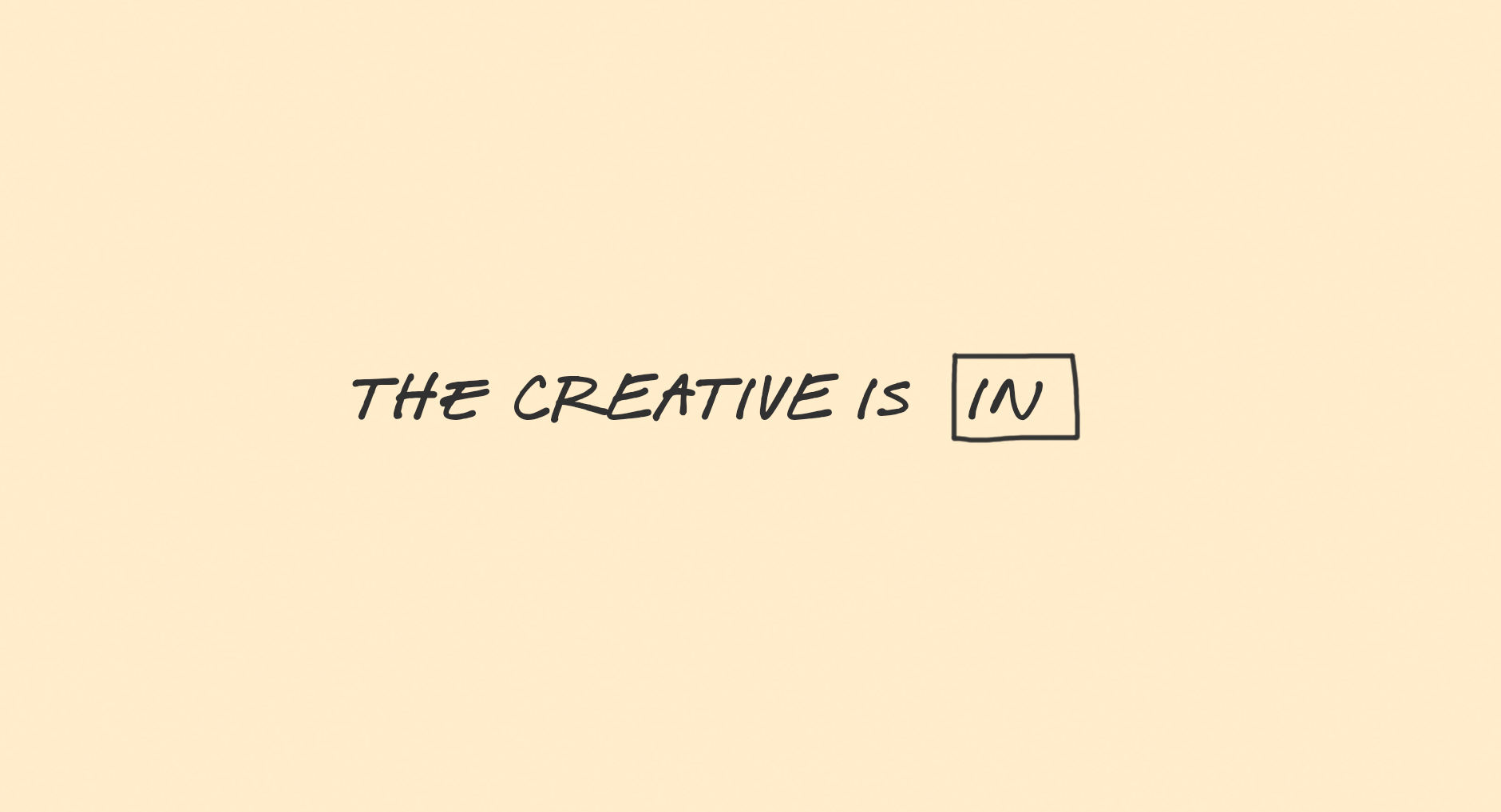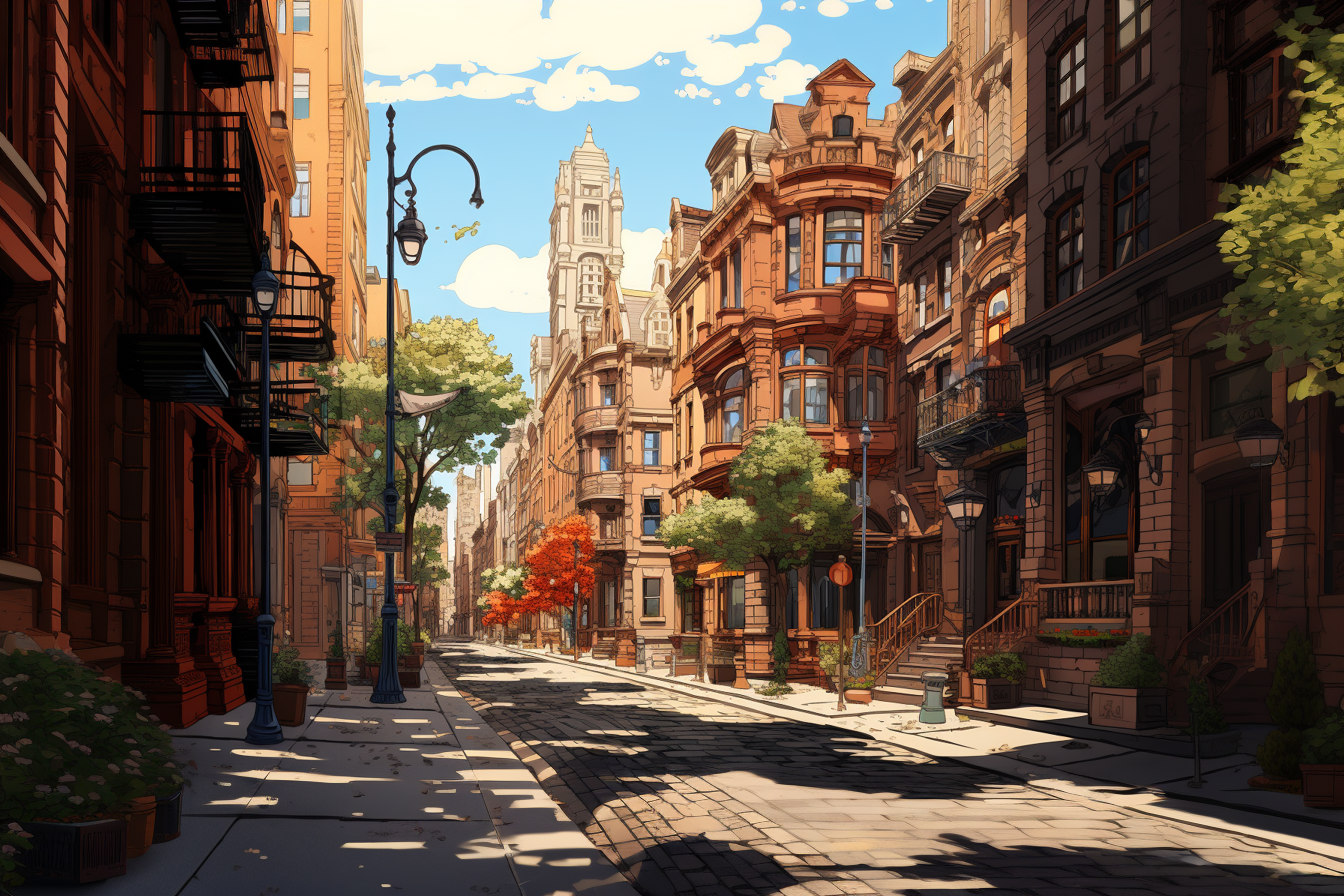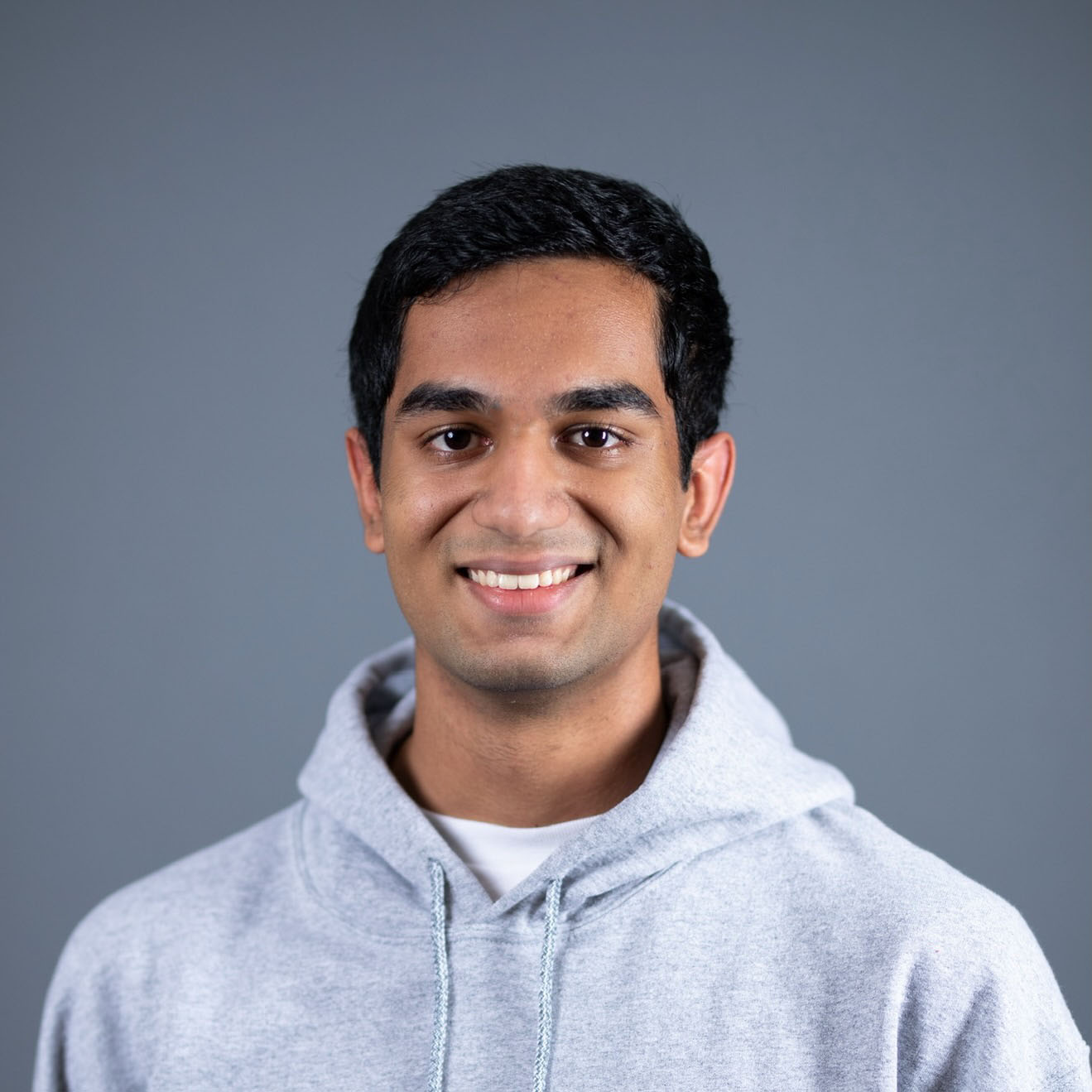
Welcome to the era of AI, where human ingenuity meets technological flair. As architects of the creative world, how can we find the right blueprint to build with generative AI as a scaffold rather than a buttress?
I recently asked Midjourney to “Draw a street in Greenwich Village, NYC in the style of Mœbius with the buildings in the architectural style of Art Nouveau.” I expected to wait for a couple of hours for a jumbled image that probably looked more like Picasso. But no. Within minutes, there it was: the image I had asked for.
After messing around some more with generative AI, I finally got the hype. This technology could shake up how we work, especially in the creative space.
Are we looking at a future where creatives just type prompts into computers? Not yet. We just need to figure out where to draw the line between using AI as another tool and being dependent on it.

"Draw a street in Greenwich Village, NYC in the style of Mœbius with the buildings in the architectural style of Art Nouveau" by Midjourney
But Where Can We <embed/> a Boundary for AI?
Don’t get me wrong, AI enhances creativity, efficiency, and productivity. But complete dependence raises far-reaching issues about ethics, the value of human craftsmanship, and skill erosion. And because AI evolves every week, keeping a finger on the pulse is hard. This makes it difficult to restrict AI usage, even if we try.
Maybe it’s best to not use AI at all, right? Well, not really. Generative AI pushes the boundaries of creativity by elevating ideas. Using AI as a tool rather than a crutch is like walking a tightrope. It’s a delicate process.
To thread the needle, we need to get disciplined. Here’s how we can start preserving generative AI’s role as a creative tool:
-
Inquiry: Ask ourselves if AI actually needs to be used for this task or if we can do it by ‘by-hand.’ Where in the creative process would AI serve as an aid rather than a replacement for ingenuity?
-
Authenticity: Generate ideas with human minds and implement them in part with AI.
-
Transparency: Make it extremely clear to clients and coworkers if and how we use AI in a project.
-
Sociability: Work with others because it reduces the desire to depend on AI.
We gotta keep ourselves honest about how to use AI. Staying true to ourselves is the best way to avoid dependence, especially when we’re tempted with shortcuts to make deadlines.
The Wild West of EntertAInment
Let’s take a look at the ongoing SAG-AFTRA and Writers Guild of America strikes.
In both strikes, actors and writers fear that generative AI could replace their work. Actors’ likenesses may be used without their consent through generative AI, and screenwriters may not be credited if AI is used to create film source material - a potential future Black Mirror has poked at.

Black Mirror's take on generated entertainment in a recent episode. Credit: Nick Wall/Netflix
They worry that generative AI is becoming a filmmaking crutch rather than a tool.
If generative AI grabs hold of the film industry, the value actors and writers bring when breathing life into a story will disappear. Imagine walking into the theater knowing that what you’re watching is entirely unnatural. Apart from its novelty, how can you appreciate what you watch?
This isn’t like Avatar or other CGI-heavy films. If we create movies entirely from AI, we risk losing authentic human touch and creativity.
To play devil’s advocate, generative AI would certainly benefit producers. Think about it: because you no longer have to worry about characters aging, you can prolong franchises. You can play on people’s nostalgia by bringing back older characters. You can even have seamless dubs to attract international audiences.
You’ll have lower costs in the long run because you don’t have to pay actors or writers as much, and you can make movies in weeks. From a production standpoint, generative AI might just be the best thing to ever happen.
“But AI dependence can probably be a good thing, right?” you might ask. Sure, there are definitely scenarios where AI can boost efficiency and get the job done. For example, AI lowers training and educational barriers for less-experienced workers. But what happens when those less-experienced workers become dependent on these tools?
Take camera operators. If less-experienced ones were to rely on AI for framing or focusing, wouldn’t they be able to churn out shots more quickly than ‘manual’ camera operators? Maybe, but with limitations. ‘Manual’ camera operators have the upper hand when it comes to matching a director’s style and vision, navigating emotional scenes, or artistic experimentation.
Also, they are efficient in their own way. Experience will have taught them how to handle obstacles in the filming process—like sorting out issues with other crew members, rapidly adapting to situations, or maneuvering in limited or complex spaces. The human familiarity of today’s camera operators adds a level of efficiency that technological counterparts can’t replicate.
The Bottom Line
When it comes down to it, generative AI will have a tremendous impact on how we define “creative” work. A positive impact is shaped by resisting the urge to use AI as a crutch and instead welcoming its strengths as a tool.
If (or when) generative AI becomes self-sustaining, it’ll become easier than ever to sit back and let an artificial assistant do our work for us. But this means our work is no longer satisfying to us but only to the AI.
We can prevent ChatGPT from becoming HAL 9000. We must have personal responsibility and avoid AI dependence, keeping our work’s value, authenticity, and innovation intact.
